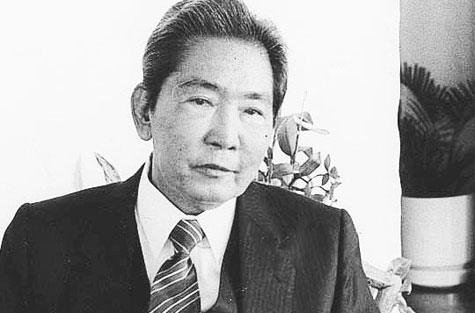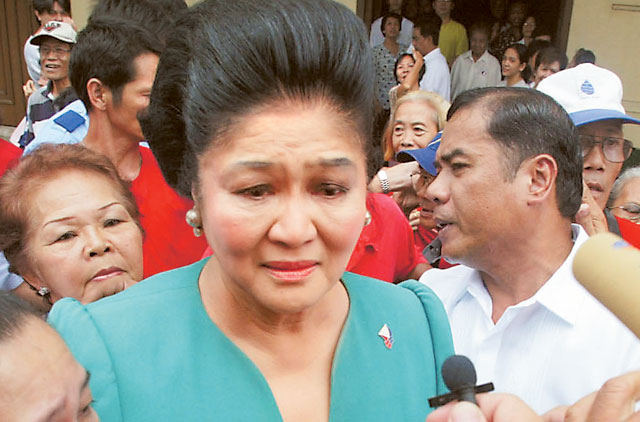
Dubai: When deposed president Ferdinand Marcos died in exile in Hawaii in 1989, it seemed as if the hopes of the people of the Philippines for justice for his two decades of repression ended.
He would never stand trial of the abuses of his regime, where opponents disappeared – or the “lucky” ones were tortured and jailed.
But a 27-year wait for justice has at least been partially ended with the signing into law on Monday of a 10 billion pesos (Dh903 million) deal to award compensation to those who suffered at the hands of the Marcos dictatorship.
The money for the deal comes from funds recovered from Swiss bank accounts – part of the estimated 25 billion pesos fortune amassed during his years in office.
Since being forced into exile in 1986, Imelda Marcos, the larger-than-life former first lady of the Philippines, has worked tirelessly to continue to move those funds away from the prying demands of Manila officials.
Aided by the strict conservative ethos of a Swiss banking system that puts a premium on privacy, Marcos has managed to keep most of the ill-gotten funds away from Manila.
Signing the compensation bill into law, Philippine President Benigno Aquino said the bill would not erase the evils of those darkest 20 years of Marcos rule.
This was a rule that brought Marcos and his wife the best the world could offer; paintings by Van Gogh and Cezanne, Rembrandt and Michelangelo, silverware from the tables of 18th Century France, gold and pearls from the finest craftsmen around the world.
“We may not bring back the time stolen from martial law victims, but we can assure them of the state’s recognition of their sufferings that will help bring them closer to the healing of their wounds,” Aquino said at a ceremony in Manila.
To this day, Imelda, now a legislator in Manila’s Parliament, remains an avid art collector for people like Elma Cortes, who’s father, a political activist, disappeared during martial law in 1981 from the family’s home in Luzon.
“The last time I saw him was when soldiers dragged him from the bedroom and beat him with the butts of their rifles,” she said. “No amount of money will bring him back, but at least it is something.”
She holds onto several ageing photographs that are her lasting memory of the father of six. Her art collection is more priceless than those of the former dictator and his first lady.







